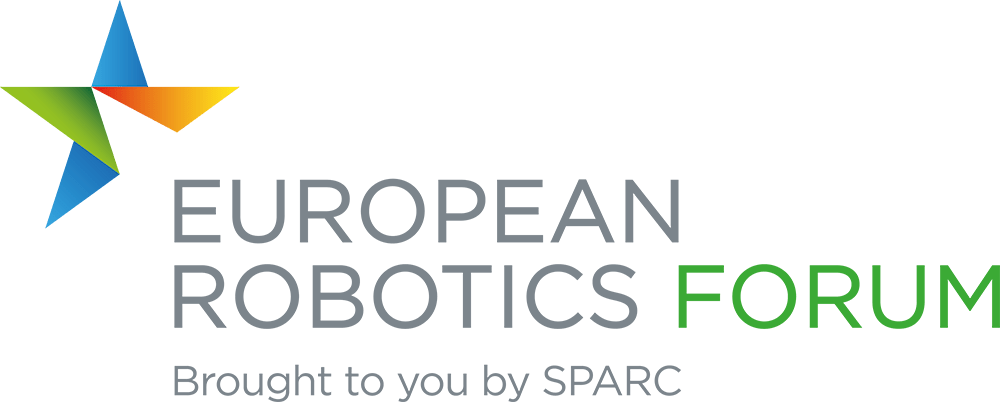ERF Workshop 2017: Perception Challenges in Times of Deep Learning and Cognition
Organisers:
Dr. Michael SUPPA, Roboception GmbH, Germany
Prof. Darius BURSCHKA, Technical University of Munich, Germany.
Prof Achim J. LILIENTHAL, University of Orebro, Sweden.
Prof. Michael BEETZ, University of Bremen, Germany.
Motivation and Objectives:
Perception is the key technology allowing automatic adaptation of the system operation to the environment and robust operation of systems under presence of model or hardware errors. Fully or partially autonomous systems rely on perception results obtained from measurements of the world to understand their surroundings.
The current breakthroughs in deep learning shift perception research toward indexing and labeling tasks, essential for referring to prior knowledge, neglecting other core aspects of robust measurements such as error estimates, confidence values, and parameter variation in increasingly complex environments.
Nowadays, main focus of perception research shifts towards deep learning as the universal tool with emphasis on indexing to previous knowledge instead of measurements.
However, deep learning techniques require a large amount of training data (or need to cope with the artificial character of boosted data sets), which are in many cases not available. Furthermore, the mode of operation and limitations of a deep learning approach can be hard to understand.
This has great impact on safety, robustness, reliability and dependability of robotic systems especially in real-life scenarios.
This workshop will elaborate the role of model-based perception techniques w.r.t to the applicability and limitations of deep learning techniques in research and industry and will show future innovation directions in the field.
Agenda:
16:15 -16:25: Introduction by the moderators/definition of key questions
16:25-17:25: 10min presentations by selected participants
- Darius Burschka, Technical University of Munich, “Challenges in Perception for Learning, Cognition and Control Approaches”
- Achim Lilienthal, University of Örebro.” Robot-Assisted Environmental Monitoring”
- Michael Beetz, University of Bremen, “Perception for manipulation in real environments”
- Michael Suppa, Roboception GmbH, “Perception made easy in industrial applications”
- Guglielmo Gemignani, Magazino GmbH, “Learning and Model-based Approaches in Logistics”
17:25-17:35: Discussion of the key questions with all speakers and the audience and their implication on the roadmapping process
17:35-17:45: Conclusion for roadmapping and take home messages
